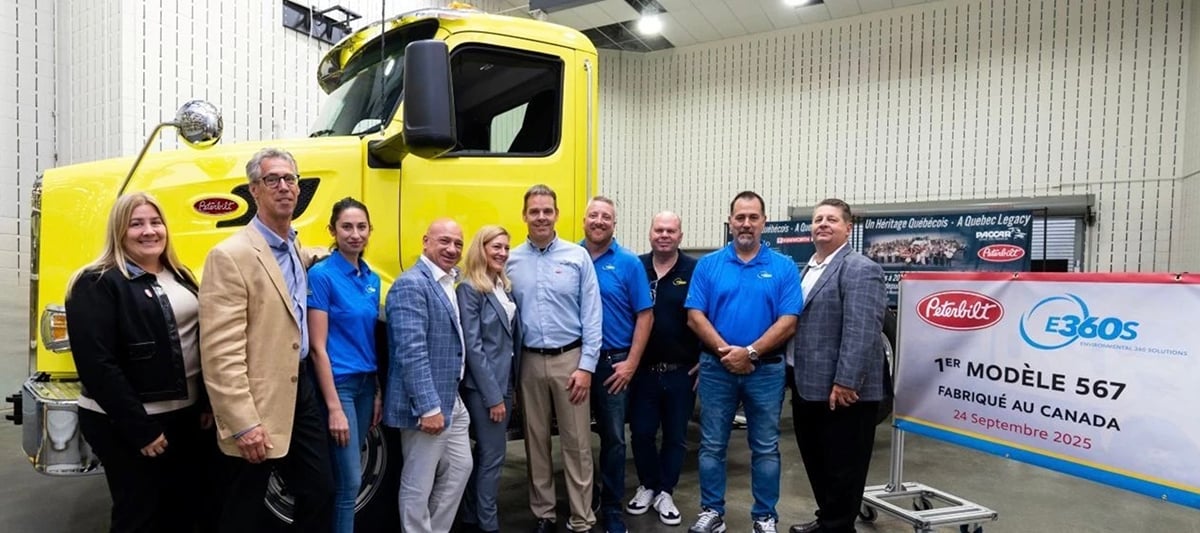No more large hog and poultry barns should be allowed, says the American National Catholic Rural Life Conference.
The large barns not only threaten the environment they endanger the farm family, said Brother David Andrews of the conference.
“A more sustainable kind of economic and environmentally friendly enterprise has to be developed lest we wreak havoc to the social and environmental order,” said Andrews, the Iowa-based organization’s leader.
The conference is calling for a moratorium on the building of “farm factories.”
The large barns drive some farm families off the land by taking over their share of production, and radically downgrade many others who have little option but to become contract producers, Andrews said.
Read Also

Equipment manufacturing may return to Canada
Some ag equipment and automotive manufacturers are now adjusting their production and distribution to avoid tariff costs in relation to supplying the Canadian market.
“The farmer becomes a hired hand (with contract farming),” said Andrews. Contracting “reduces the opportunity for personal insight, personal creativity … with limited opportunity to exercise personal creativity or decision making.”
The Catholic Church cares about this, Andrews said, because of its beliefs about farming and rural society. Contract farming breaches the principle of “subsidiarity” as spelled out in the papal encyclical on the condition of the worker.
Subsidiarity means that in both politics and economics, decisions should be made as locally as possible. Contract production, which often means absentee management, takes control away from local farmers, Andrews said.
Agricultural land is not just for producing food, but also for supporting “as many people as possible. We see it more as a way of fostering a way of life. A habitat for a healthy family.”
The conference was established in 1923. Since then it has championed numerous rural issues.
Farm numbers have declined throughout the century, but larger hog barns are not just a continuation of the trend to bigger operations, Andrews said.
“There’s a fundamental difference.”















